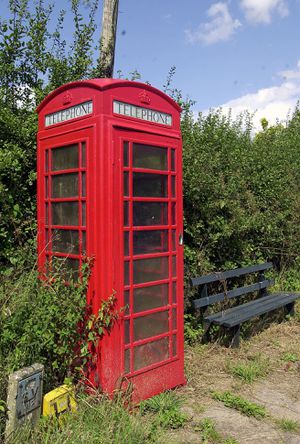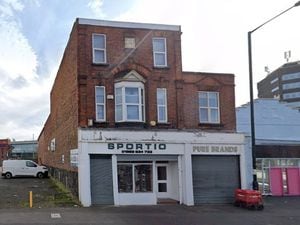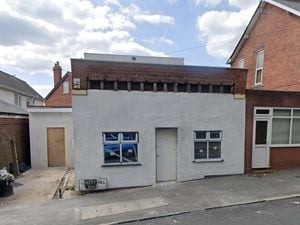More than 100 telephone boxes face chop in Midlands
More than 100 telephone boxes are facing the axe across the Midlands.

Figures show that in Wolverhampton 11 are set to face the chop, while 18 in Dudley, 14 in Sandwell, and 17 each across South Staffordshire and Wyre Forest are under threat.
And 60 could be removed in Shropshire.
Telephone boxes still handle 33,000 calls a day throughout the country, but BT are planning to remove around 20 000 of them in the next five years.
But the telecoms provider must inform the public and consult with the local authorities if they plan to shut them down.
Councils then have 90 days to object, which is known as a 'local veto'.
BT say the rise of mobile phones is making phone boxes redundant.
The Wolverhampton Liberal Democrats are calling on councils to use this veto to protect the phone boxes.
They say the booths are still used by children, the elderly, people who can't afford mobile phones, and in cases of emergency when phone batteries go flat.
Campaigner Paul Butters said: "I'm really seeing red over these plans to axe something vital from our streets. The Liberal Democrats are demanding that local councils write to BT to say that they will veto every single phone box closure in their area.
"Rather than removing these phone boxes BT should focus on making sure everyone can access a phone signal wherever they live.
"It is really important in case of emergencies because if it saves one person's life having a phone box, or helps someone in trouble then its really crucial we keep these phone boxes."
A BT spokesman said: "BT is committed to providing a public payphone service, but with usage declining by over 90 per cent in the last decade, we continue to review and remove payphones which are no longer used."
Out of the 40,000 phone booths still working nationwide, 7,000 are the traditional red phone boxes designed in 1935 to commemorate the silver jubilee of King George V.
More than half of phone boxes lose money and the number of calls is declining by more than 20 per cent per year.
The cost of maintaining telephone boxes annually is about £6 million. BT is responsible for repairing damage to the kiosks, including replacing glass panes and broken receivers, as well as removing graffiti, rubbish and human waste.
It is estimated that 93 per cent of people in the UK now own a mobile phone, and 98 per cent of the UK has 3G or 4G mobile internet coverage.
In areas where telephone boxes are not being used, many communities have transformed and preserved phone booths by buying them for £1 from BT under the 'Adopt a Kiosk' scheme.
So far, more than 4,000 kiosks have been reused as mini-libraries and art galleries or to house defibrillation machines, information centres, shops and exhibitions.





